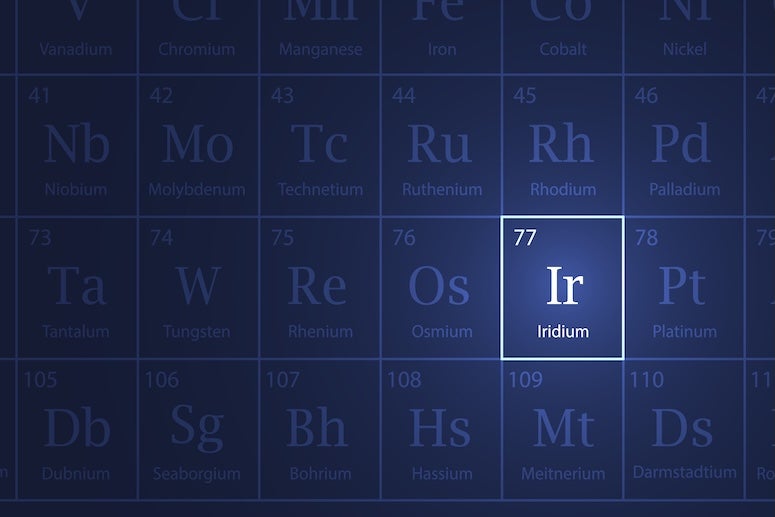In the global race to decarbonize, hydrogen stands out as one of the most promising clean fuels. But despite its potential to power industries and transportation without emitting carbon, producing hydrogen sustainably in a water electrolyzer has been limited by the high cost and scarcity of one critical ingredient: iridium.
Now, a team of researchers at Rice University has developed a new catalyst that dramatically reduces the amount of iridium needed in proton exchange membrane (PEM) water electrolyzers, a key technology for generating green hydrogen from water. Their innovation — an iridium-stabilized ruthenium oxide catalyst that uses just one-sixth as much iridium as conventional systems — maintains industrial-level performance for more than 1,500 hours of continuous operation. The research was recently published in Nature Nanotechnology.



I for one am shocked that nobody has listened to The Guardian et all telling us lithium is oil, hydrogen doesn’t exist and sodium ion… maybe they will say we are salty
Salt batteries already exist and are commercialized. They just suck for vehicles and other energy-dense needs because their voltage drops slowly as they discharge. Lithium holds a strong voltage until it’s about done.
That might not sound significant, but not only does it directly cut nearly in half the available power, it also greatly effects situations where lots of power is needed. If you need as many watts as the battery can only safely supply down to 60%, then you only have effective access to 40% of a battery that’s already smaller capacity in the first place.
CATL disagrees with you about sodium batteries in cars.
https://www.reuters.com/technology/chinese-battery-maker-catl-launches-second-generation-fast-charging-battery-2025-04-21/
You mean a company who’s wallet depends on making it sound better than reality would claim it’s better than reality?!
I’m shocked.
There is ALWAYS a “better” battery coming down the pipe. Always. To say no NEW technology couldn’t work is an assumption, but so is assuming those new designs will deliver and be commercially as cheap.
The point still stands that a battery tech for vehicles needs to be power dense and as light as possible. Right now, salt batteries are MUCH worse than other tech. To say that salt batteries will win in the end is as dumb as saying the horse with a gimp will totally win the race after more training.
Even if the horse did have the potential, you don’t know other horses’ potentials nor do you know what other contenders will arise in the mean time.
That is what I assumed. Figured it would mainly replace stationary power storage where energy density matters less. Hasn’t stopped them rolling out sodium-ion scooters. I would have assumed that was just too tiny.
Yea, it’s definitely not bad for stationary storage, at least when compensating for the current limits as the charge drops.
Need some chloride for that.